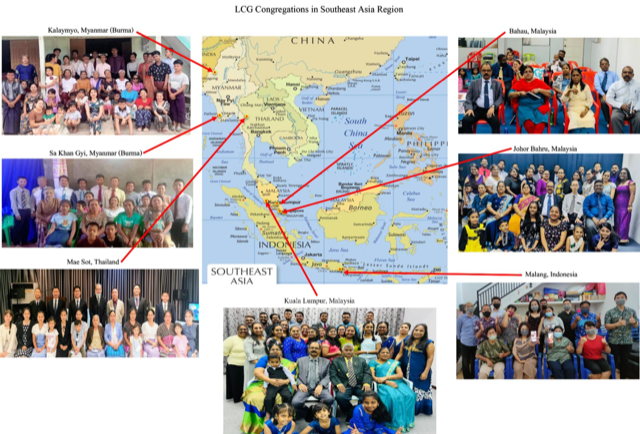The Demise of the West
Author: Nathan Kroon | Student Leader, Living Education – Charlotte, 2022-23
Estimated Reading Time: 3 min.
In his recent forum, Dr. Douglas Winnail spoke on the demise of the West and the degradation in its quality of life.
Businesses are failing, morality is loosening, millions are fighting for the right to kill their unborn children, and Marxism is becoming an increasingly popular school of thought in our society. Dr. Winnail stated that “ideas have consequences,” and he followed that comment by explaining that our nation is in decline due to a lack of a proper understanding of the Bible.
The Missing Biblical Perspective
Over the years, Western nations have been influenced by many leaders, both political and ideological, who have spread their disruptive ideas throughout the world. Dr. Winnail listed several individuals and their respective works and ideas that have shaped the thinking of our world, and he stated that their ideas have become “new gods of the mind.” He began with Voltaire and Rousseau, who criticized the monarchy and religion, and that their philosophical ideas influenced the French Revolution and even our modern world. Charles Darwin doubted the teachings of his former church—the Church of England. With only speculative ideas about evolution, Darwin was able to convince many people that there was no need for a Creator. The atheistic socialist revolutionary, Karl Marx wrote The Communist Manifesto, which attacked religion, the family and private property and eventually led to the deaths of millions of people who were subjected to his ideas. From the perspective of today, we can see the influence these men had on our culture and society. Simply stated, ideas have consequences.
The Frankfurt School
After Marxism failed in Europe, the Marxists packed their bags and brought their ideologies to America. Ultimately, the followers of their philosophical ideologies became known as the “Frankfurt School.” The ideas of these “cultural Marxists” have spread through the media and our social institutions as public schools now promote radical sex education, homosexuality and gender-fluid bathrooms. All these ideas are the product of Satan, and Revelation 12:9 states that he “deceives the whole world.” His ultimate goal is to hinder and disrupt God’s plan to expand the God family. Satan will attempt to divide society in any way possible, and he uses all the “devices” that he can get his hands on, including misguided ideas and leaders who have been able to influence millions (2 Corinthians 2:11; 11:1-15).
Why is This Happening?
Dr. Winnail pointed to Genesis 12, where God made promises to Abraham that his descendants would become great. These promises were eventually fulfilled by America, Britain and other nations of the West. He also read from Leviticus 26:14-17, where it states that if the people of Israel obeyed and worshipped God, they would be blessed; however, if they disobeyed, they would be cursed and ruled by those who hate them. The divisions that are tearing at the foundation of Western nations today have come as a result of our nations turning away from God and following the ideas of misguided thinkers and leaders. If our nations would turn to God, we would experience better lives and truly enjoy a land of prosperity. While we wait for the kingdom that God will establish on this earth, we will see the western nations continue their downward spiral to their demise, because they have been deceived into following ideas that have serious negative consequences.
(Edits were made to the original post on September 30, 2022)

Nathan Kroon is a Student Leader at Living Education. He originally hails from Washington State and is a 4th generation Christian. Currently, he works at Headquarters as a Video Editor and is the Lead Landscaper at the LivingEd dorms. His hobbies include playing guitar, listening to music, drawing, and watching movies.

